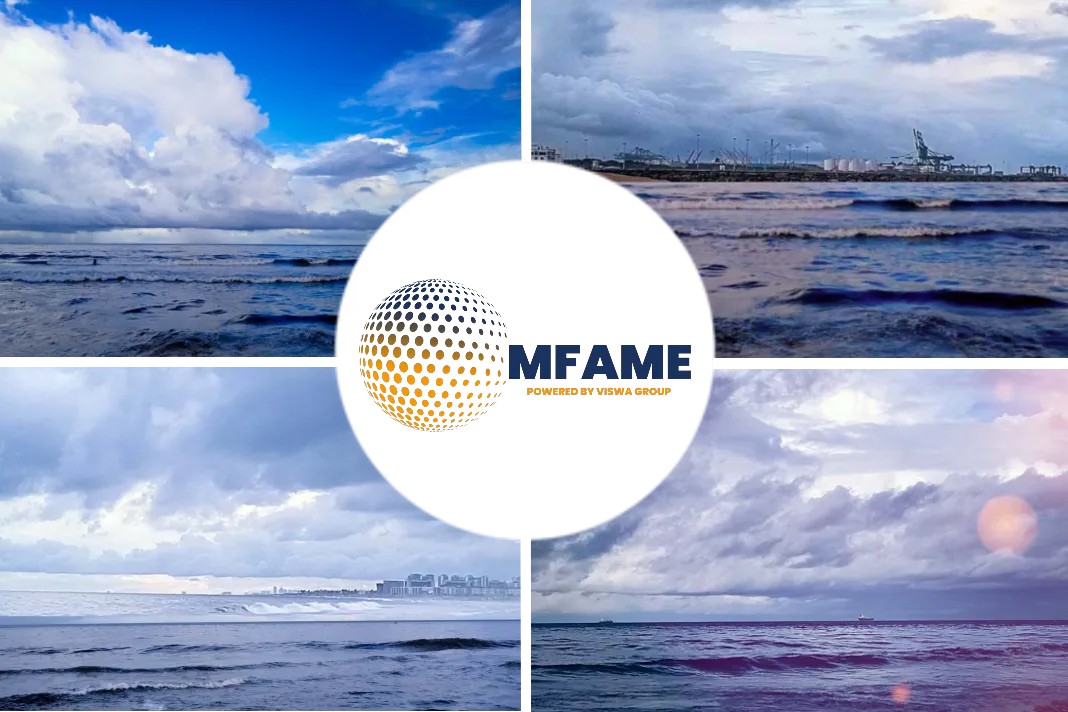
A COC is a certificate issued by the United States Coast Guard (USCG) to non-US flag tank vessels carrying liquid bulk hazardous cargoes, such as crude oil or other petroleum products, chemicals, liquefied gas, or compressed gas. A valid COC must be aboard the vessel when loading, discharging, or carrying any liquid bulk hazardous cargoes into a US port.
Scope Of COC Inspection
During COC inspection, the USCG verifies, among other things, that the ship meets certain design and equipment requirements (double hull design standards, vapor collection system, ballast tanks etc.). The focus is on cargo and fire protection and tank vessel construction standards. The vessel must also comply with applicable marine safety and environmental protection laws and international conventions. The vessel must have a valid Cargo Ship Safety Certificate, or Cargo Ship Safety Construction and Safety Equipment Certificates issued under the provisions of the International Convention for the Safety of Life at Sea, 1974, as amended and, if applicable, an IMO Certificate of Fitness and/or an International Pollution Prevention Certificate for the Carriage of Noxious Liquid Substances in Bulk (NLS Certificate).
Applying for COC Inspection Waivers
A vessel arriving at a US port with a more than 90-days overdue annual exam or expired COC cannot conduct cargo operations until a COC exam has been performed. In our experience, no waiver is granted once the overdue inspection has passed the 90-days mark. However, if the vessel’s COC is 90 days or less past the COC expiration date or annual exam, then vessel owners, operators and/or their agents can usually apply for a waiver. If the waiver is granted by the Coast Guard, the vessel will be allowed to conduct cargo operation, and a COC exam will be scheduled before the vessel leaves port.
Qualship 21 and E-Zero Programs
The USCG Qualship 21 program identifies the companies and vessels that demonstrate the highest commitment to quality and safety through the highest level of compliance with international standards and US laws. Vessels must be registered to flags that have met all the requirements for full participation in the program. As of March 2023, 27 flag administrations were participating in the program. Vessels enrolled in the Qualship 21 program that are exemplary in their adherence to environmental compliance can also seek the E-Zero designation.
As a reward, the vessels enrolled in both Qualship 21 and E-Zero programs are permitted to conduct cargo operations within six months of both the COC annual examination due date and the COC expiration date. At a minimum, cargo-specific documents (such as certificate of fitness) will be verified and operationality of cargo systems will be confirmed before cargo operations begin. COC inspection must then be done prior to the vessel’s departure from the port.
Did you subscribe to our Newsletter?
It’s Free! Click here to Subscribe!
Source: Skuld


















